
The Enchanting Waters of Lake Bogoria
Nestled in the Great Rift Valley of Kenya, Lake Bogoria is a breathtaking soda lake renowned for its stunning landscapes and vibrant wildlife. The lake's alkaline waters draw flocks of flamingos, creating a mesmerizing pink hue that contrasts beautifully with the deep blue sky and lush surroundings. This natural spectacle is a must-see for bird enthusiasts and nature lovers alike. Beyond its avian attractions, Lake Bogoria is famed for its geothermal activity. The lake is dotted with hot springs and geysers, offering visitors a unique opportunity to witness these natural phenomena up close. The boiling hot springs are not only a visual delight but also provide a therapeutic experience, with locals often using them for relaxation and medicinal purposes. The surrounding area is rich in cultural history, with the indigenous Endorois people living nearby. Visitors can learn about their traditional way of life and even partake in cultural experiences. The combination of natural beauty, wildlife, and cultural richness makes Lake Bogoria a holistic and unforgettable destination.
Local tips in Lake Bogoria
- Visit early in the morning or late in the afternoon for the best light and to avoid the midday heat.
- Bring binoculars for bird watching to get a closer look at the flamingos and other bird species.
- Wear comfortable walking shoes, as the terrain around the lake can be uneven.
- Don't forget to bring plenty of water and sunscreen, as the area can get quite hot.
- Respect the local culture and customs by dressing modestly and seeking permission before taking photos of people.
- Hire a local guide to gain deeper insights into the geothermal features and the Endorois culture.
The Enchanting Waters of Lake Bogoria
Nestled in the Great Rift Valley of Kenya, Lake Bogoria is a breathtaking soda lake renowned for its stunning landscapes and vibrant wildlife. The lake's alkaline waters draw flocks of flamingos, creating a mesmerizing pink hue that contrasts beautifully with the deep blue sky and lush surroundings. This natural spectacle is a must-see for bird enthusiasts and nature lovers alike. Beyond its avian attractions, Lake Bogoria is famed for its geothermal activity. The lake is dotted with hot springs and geysers, offering visitors a unique opportunity to witness these natural phenomena up close. The boiling hot springs are not only a visual delight but also provide a therapeutic experience, with locals often using them for relaxation and medicinal purposes. The surrounding area is rich in cultural history, with the indigenous Endorois people living nearby. Visitors can learn about their traditional way of life and even partake in cultural experiences. The combination of natural beauty, wildlife, and cultural richness makes Lake Bogoria a holistic and unforgettable destination.
When is the best time to go to Lake Bogoria?
Iconic landmarks you can’t miss
Lake Bogoria Spa Resort
Discover the serene beauty and wellness offerings of Lake Bogoria Spa Resort, a perfect retreat in Kenya's Marigat region.

Lake Bogoria Hot Springs
Discover the enchanting Lake Bogoria Hot Springs in Kenya, where geothermal wonders and diverse wildlife create an unforgettable adventure.
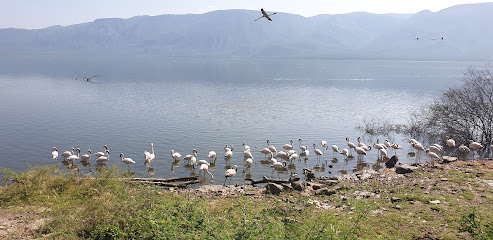
Lake Baringo Attractions
Discover the breathtaking landscapes and rich wildlife of Lake Baringo, a serene getaway in Kenya's Great Rift Valley, ideal for nature lovers and adventure seekers.
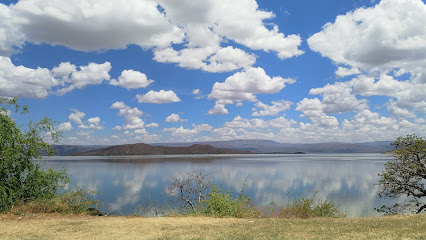
Kabarnet Museum
Explore the Kabarnet Museum, a cultural hub showcasing the rich history and heritage of Baringo County in Kenya, perfect for curious travelers.
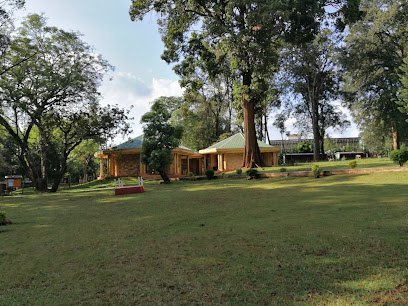
Lake baringo hot water springs
Unwind and rejuvenate at Lake Baringo's hot springs, a stunning destination offering serene landscapes and rich wildlife experiences.
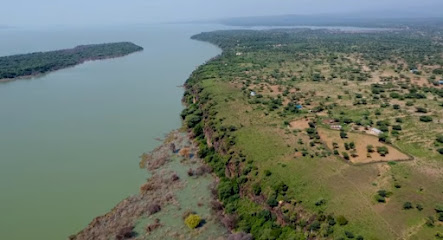
Baringo Tours, Boats and Excursions
Discover the beauty of Lake Baringo with Baringo Tours, offering unforgettable boat rentals and excursions in a stunning natural setting.
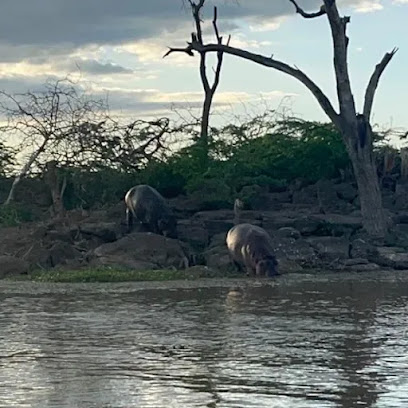
Kormoson Archaeological Site - Lake Bogoria
Discover the rich history and archaeological significance of Kormoson Archaeological Site near Lake Bogoria, a hidden gem for culture and nature lovers.
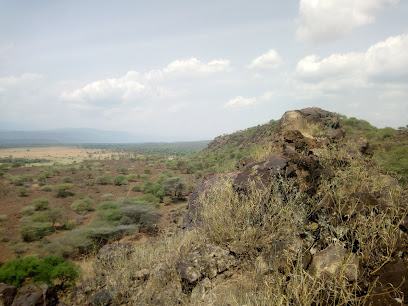
Unmissable attractions to see
Menengai Crater View Point
Experience the breathtaking beauty of Menengai Crater View Point, a stunning natural attraction in Nakuru, Kenya, perfect for nature lovers and adventure seekers.
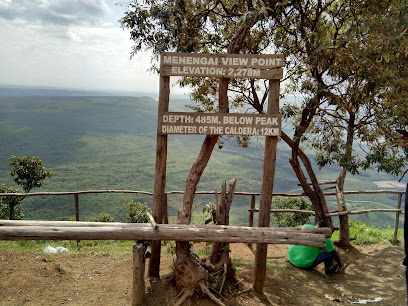
Lake Baringo
Experience the tranquil beauty of Lake Baringo, a natural paradise in Kenya renowned for its stunning landscapes, diverse wildlife, and rich local culture.
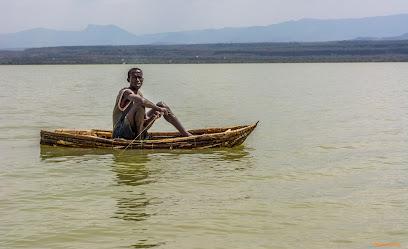
Baboon Cliff View Point
Discover the stunning views and serene atmosphere at Baboon Cliff View Point, a top tourist attraction in Nakuru, Kenya.
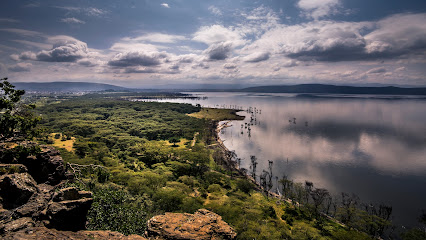
Kabarnet Museum
Discover the essence of Kenyan culture and history at Kabarnet Museum, a hidden gem in Baringo region.
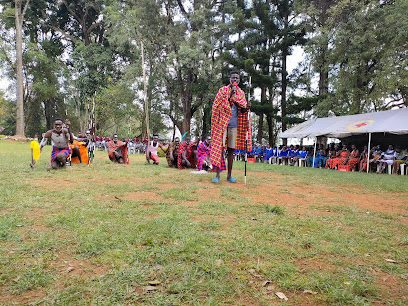
Equator Tortoise Park
Explore the captivating Equator Tortoise Park in Mogotio, a unique wildlife sanctuary dedicated to the conservation and education of tortoise species.
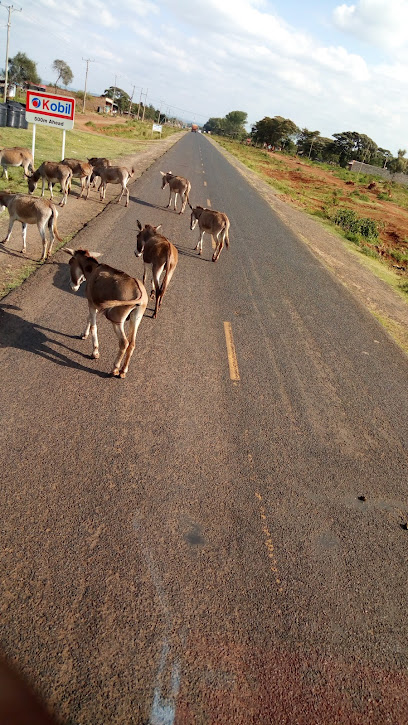
Lake baringo hot water springs
Experience the therapeutic wonders of Lake Baringo Hot Water Springs, a hidden gem in Kenya offering stunning views and unique wildlife encounters.
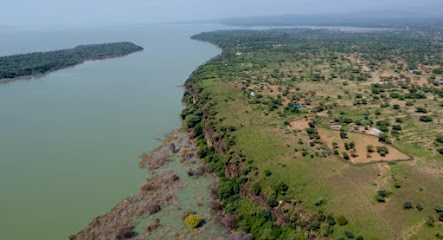
Baringo Tours, Boats and Excursions
Discover the wonders of Lake Baringo with Baringo Tours – your go-to destination for boat rentals, excursions, and unforgettable experiences in nature.
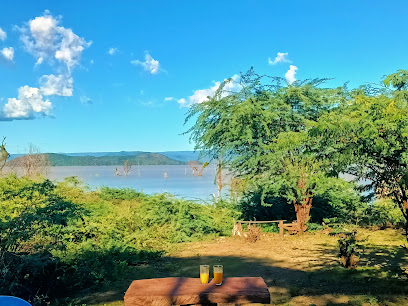
Lake Solai
Experience the serene beauty of Lake Solai, a hidden gem in Kenya perfect for birdwatching, relaxation, and unforgettable moments in nature.
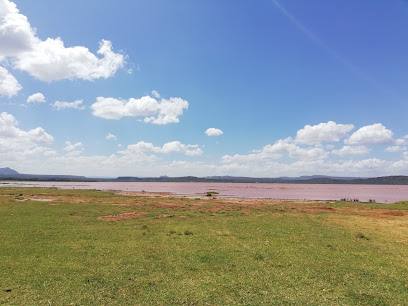
Bogoria Hot Water Spouting Geysers
Experience the awe-inspiring Bogoria Hot Water Spouting Geysers in Nyalilpuch, Kenya – a natural wonder showcasing Earth's geothermal majesty.
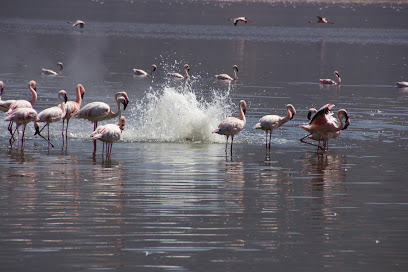
Cliff Divers
Witness the breathtaking spectacle of cliff diving in Kiboino, where skill meets adventure in a stunning natural setting.
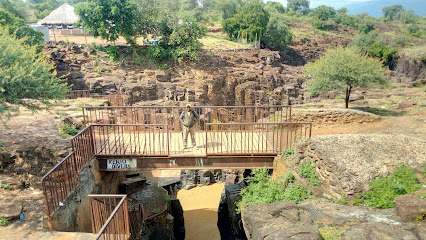
Morop Hills
Discover the stunning Morop Hills in Marigat, Kenya, where breathtaking views and cultural richness await every traveler.
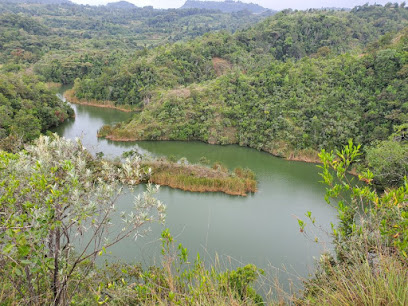
KIBORGOCH VIEW POINT AND CAMPSITE
Discover the breathtaking beauty of Kiborgoch View Point and Campsite in Marigat, Kenya – your perfect escape into nature.
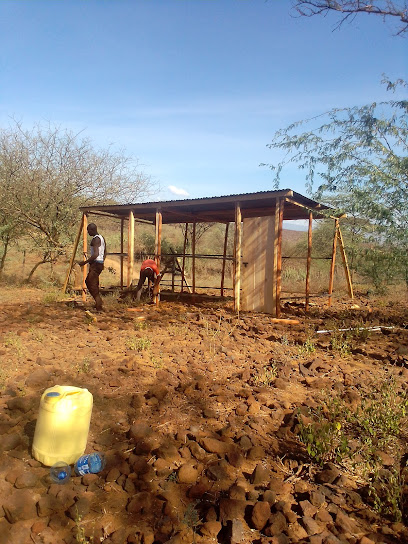
Kapicha(Lake Haningtone)view point, campsite and Eco-Tourism Centre.
Discover Kapicha, the perfect eco-tourism escape with stunning views of Lake Haningtone, ideal for camping and nature exploration.
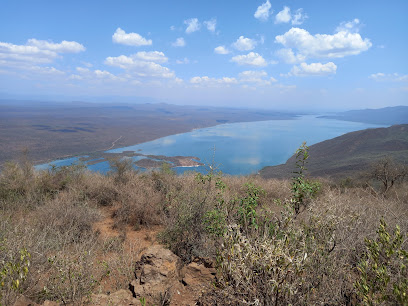
Kaprogonya caves
Explore the enchanting Kaprogonya Caves, a natural wonder filled with unique rock formations and rich cultural heritage in Kabarnet, Kenya.
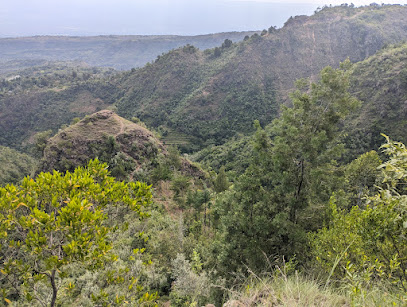
Snake Park
Explore the captivating world of reptiles at Snake Park in Nakuru, where adventure and education meet in a unique wildlife experience.
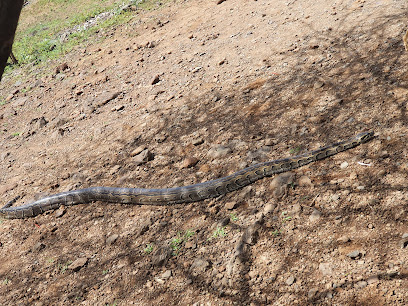
Essential places to dine
Lake Bogoria Spa Resort
Discover serenity at Lake Bogoria Spa Resort - where natural beauty meets luxurious relaxation in Marigat, Kenya.
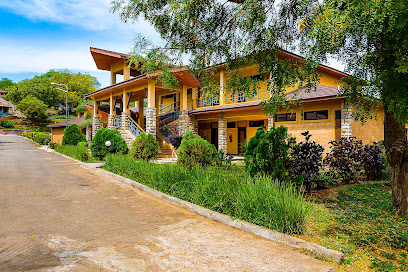
Rift Valley Hills Resort
Experience exquisite dining at Rift Valley Hills Resort with breathtaking views and a diverse menu that showcases local flavors.

Oasis Restaurant
Experience delicious culinary delights at Oasis Restaurant in Nakuru – where local flavors meet international cuisine.
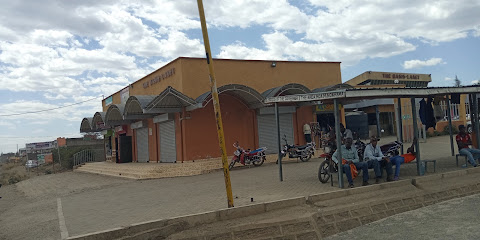
Sobak hotel
Experience authentic Kenyan cuisine at Sobak Hotel in Eldama Ravine – where delicious flavors meet warm hospitality amidst stunning landscapes.
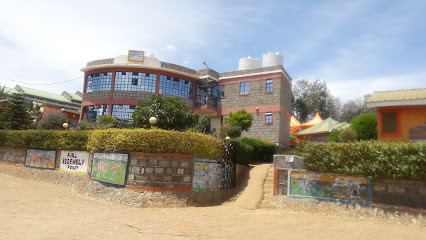
High Altitude Training Restaurant
Experience delightful cuisine amidst stunning views at High Altitude Training Restaurant in Kamariny - a perfect spot for food lovers and adventurers.
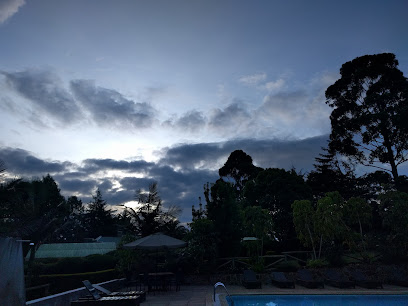
Will's pub & restaurant
Experience authentic Kenyan flavors at Will's Pub & Restaurant in Kapsoya - where locals gather for great food and drinks.
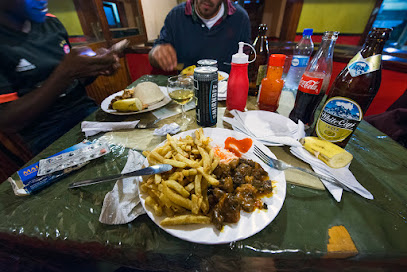
Lake Solai Hotel
Experience authentic Kenyan hospitality at Lake Solai Hotel in Nakuru – where exquisite cuisine meets breathtaking views.
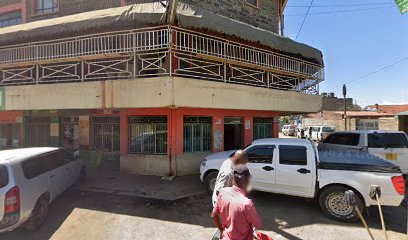
Lomanira Splendour
Discover Lomanira Splendour: A unique dining destination in Mogotio offering exquisite local and international cuisine.
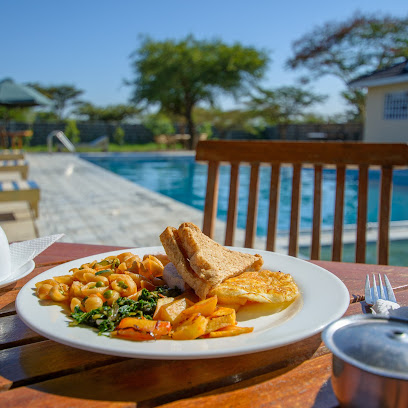
HIGHLANDS RESTAURANT
Discover exquisite dining at Highlands Restaurant in Njoro—where local flavors meet international cuisine amidst stunning landscapes.
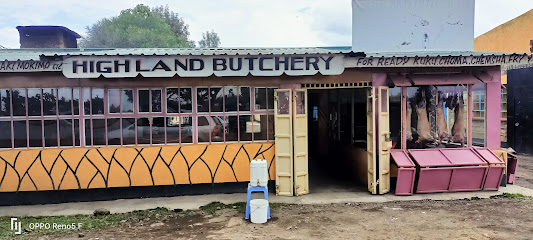
The New Paradise Restaurant
Discover authentic Kenyan flavors at The New Paradise Restaurant in Kabarnet – where delicious cuisine meets warm hospitality.
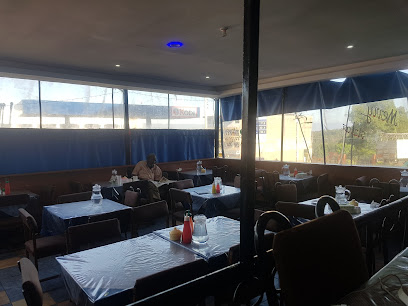
Lake Olbolosat
Explore Lake Olbolosat: A breathtaking highland lake in Central Kenya offering serene landscapes and rich biodiversity for all nature lovers.
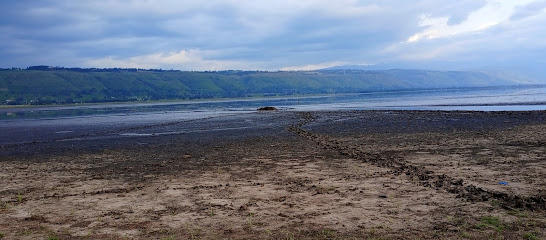
Goodwill Bar & Restaurant, Kenya
Experience authentic Kenyan hospitality at Goodwill Bar & Restaurant; a perfect blend of delicious food and cozy lodging on Njoro-Nakuru Road.
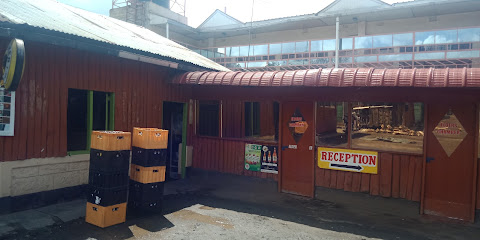
Rebby Hotel Subukia
Discover authentic Kenyan cuisine at Rebby Hotel Subukia – where every meal tells a story.
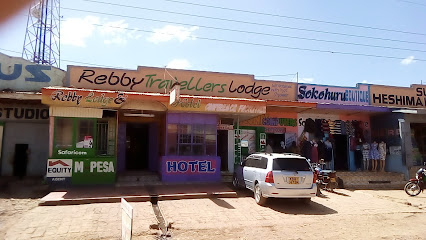
Roasters Kitchen
Experience the warmth of family dining at Roasters Kitchen in Kabarnet - where local flavors meet cozy ambiance.
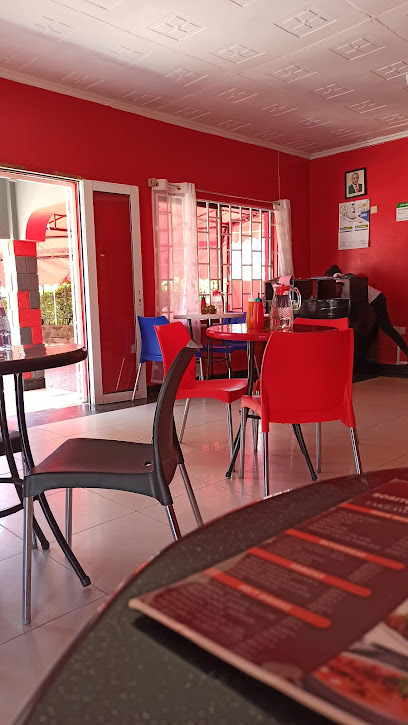
Unique Salads & Sandwich Bar
Savor the essence of African cuisine at Unique Salads & Sandwich Bar in Nakuru – fresh salads and hearty sandwiches await!

Markets, malls and hidden boutiques
Mochongoi Shopping Center
Discover the lively Mochongoi Shopping Center in Kabel Town, where shopping meets local culture in a vibrant atmosphere.
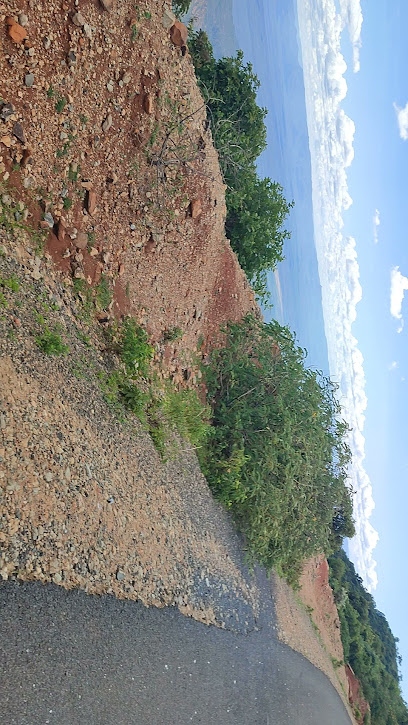
Olkokwe Shopping Centre
Experience the vibrant local culture and unique shopping opportunities at Olkokwe Shopping Centre, a must-visit destination for every traveler.
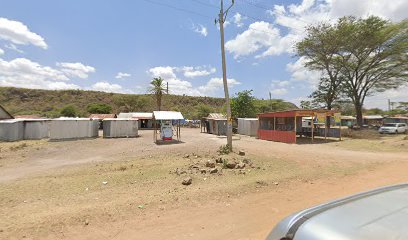
Uchumii Shop
Discover local flavors and essentials at Uchumii Shop, a vibrant supermarket in Marigat, offering a delightful culinary experience.
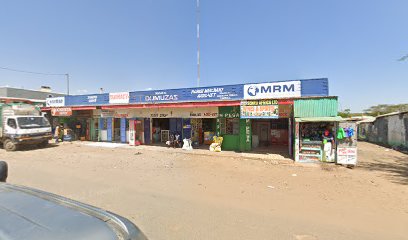
Ngarie Trading centre
Explore Ngarie Trading Centre in Kenya for a vibrant shopping experience, where local culture meets diverse products, from furniture to daily essentials.

Salgaa Trading Center
Experience the vibrant culture and local charm at Salgaa Trading Center, a must-visit shopping destination in Kenya.

SWAGGER_LINK collections
Explore SWAGGER_LINK Collections in Subukia for a unique blend of local craftsmanship and contemporary fashion, perfect for every traveler.

Nyalil-Buch Shopping Centre
Discover the vibrant shopping scene at Nyalil-Buch Shopping Centre in Nyalilpuch, where local culture meets modern retail.

Kamosop
Explore Kamosop in Nyamamithi for a unique shopping experience filled with local culture, crafts, and authentic souvenirs.

Lamaiwe Dispensary
Discover essential health services at Lamaiwe Dispensary in Kabel Town, your trusted pharmacy for medications and health advice.

Kabogor Dispensary
Visit Kabogor Dispensary for essential health services while you explore Kenya, ensuring your travel is safe and enjoyable.

Joy farmers shop
Explore the literary charm of Joy Farmers Shop in Subukia, where local culture meets a passion for reading.

Katin shopping kiosk
Discover local flavors and essentials at Katin Shopping Kiosk, a vibrant convenience store in the heart of Lorwok, Kenya.

Eastleigh Fashion Centre
Explore the vibrant Eastleigh Fashion Centre in Marigat for a unique blend of local and international fashion offerings.
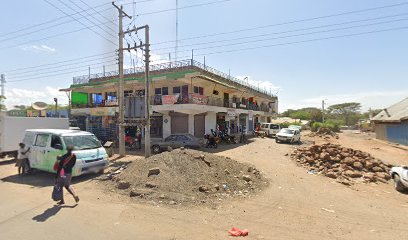
Chelaba Handcraft shop
Explore the vibrant craftsmanship of Lorwok at Chelaba Handcraft Shop, where unique home goods and authentic local artistry await every visitor.

Karis shop
Discover unique, handcrafted gifts at Karis Shop, a treasure trove of Kenyan artistry in the heart of Kenya, perfect for memorable souvenirs.

Essential bars & hidden hideouts
Lake Bogoria Spa Resort
Experience the serenity and luxury of Lake Bogoria Spa Resort, a perfect blend of relaxation, adventure, and nature in Marigat, Kenya.
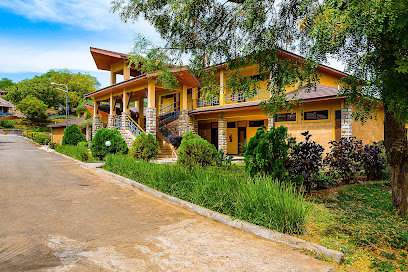
Soi Safari Lodge
Experience the natural beauty and luxury of Soi Safari Lodge, a perfect escape by Lake Baringo offering adventure and relaxation.

Proper Bar & Restaurant
Discover the vibrant flavors and lively atmosphere at Proper Bar & Restaurant in Nyahururu, where great food meets local culture.
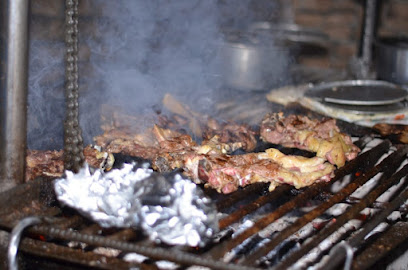
Madini Pub
Experience the local vibe at Madini Pub, where culture meets nightlife in the heart of Rumuruti, Kenya.
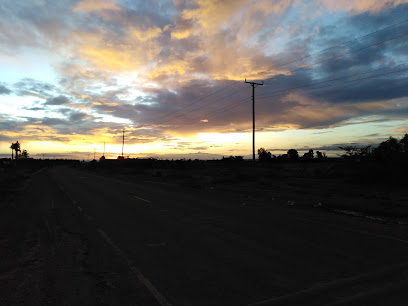
Suguta Springs Hotel
Explore the serene beauty of Mogotio while enjoying delightful meals and refreshing drinks at Suguta Springs Hotel, a perfect getaway in Kenya.
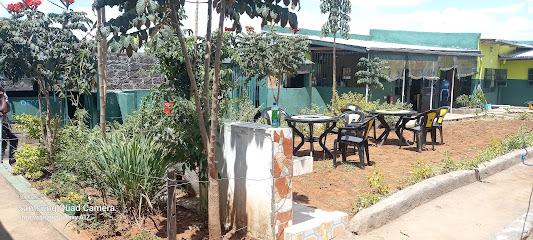
Chilubas Bar
Experience the local nightlife at Chilubas Bar in Kenya, where vibrant culture meets refreshing drinks in a welcoming atmosphere.
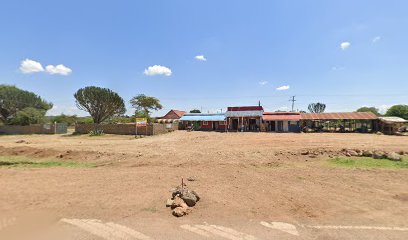
Alex Onyango Bar & Grill
Savor authentic Kenyan grilled delicacies at Alex Onyango Bar & Grill, where delicious flavors meet a vibrant atmosphere.
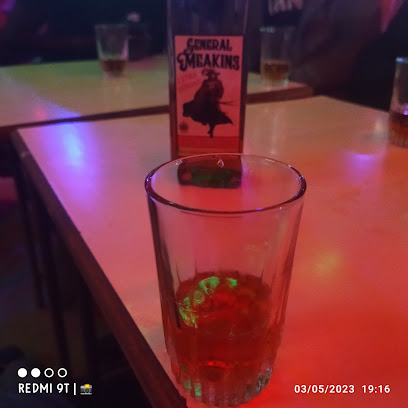
Njungwa(BAHATI PUB)
Discover the vibrant ambiance and delicious offerings at Njungwa (Bahati Pub) in Thigio, a perfect blend of bar and restaurant culture.
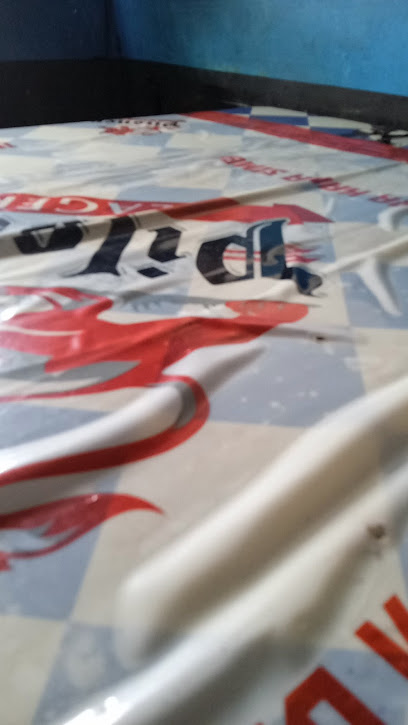
Bottoms-Up Liquor Store
Discover the vibrant atmosphere and diverse drink selection at Bottoms-Up Liquor Store, the perfect bar to unwind in Marigat.
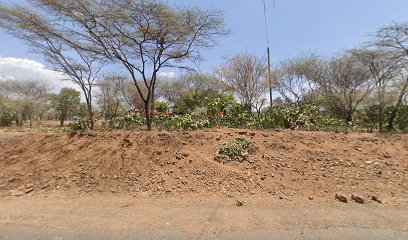
Safari Lodge
Discover the perfect blend of comfort and adventure at Safari Lodge, Njebi – your gateway to Kenya's breathtaking wildlife and culture.

KIASI PUB
Discover Kiasi Pub in Sipili Town, where local culture meets vibrant nightlife and refreshing drinks await every visitor.
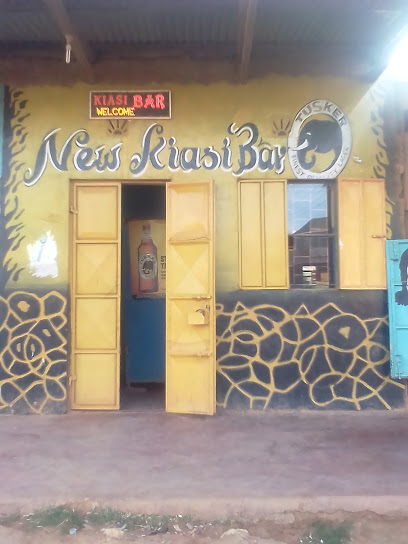
The bridge wines and spirits
Explore the exquisite selection of wines and spirits at The Bridge Wines and Spirits, a charming wine bar in Mogotio, perfect for all enthusiasts.
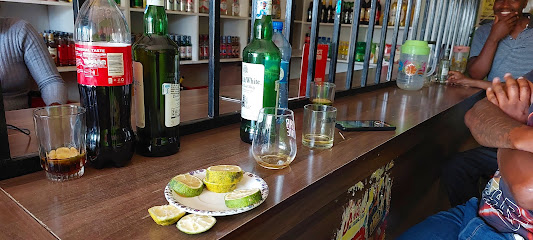
County Bar
Discover the heart of local nightlife at County Bar, where vibrant drinks and a lively atmosphere await every visitor.
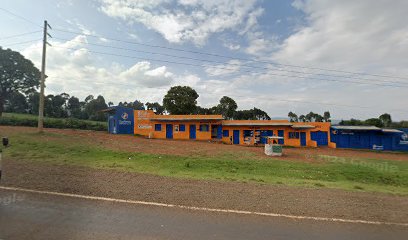
Warwa Bar & Restaurant
Experience the lively ambiance and delectable local cuisine at Warwa Bar & Restaurant in Nyalilpuch, a must-visit destination for tourists.
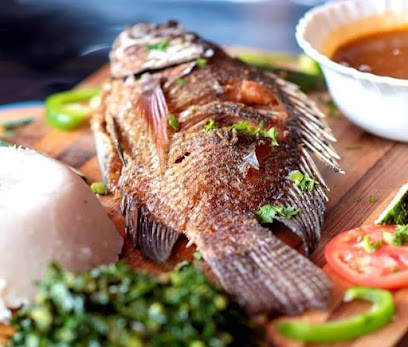
Local Phrases about Lake Bogoria
-
- HelloSawubona
[sa-woo-boh-nah] - GoodbyeHamba kahle
[ham-bah kah-leh] - YesYebo
[yeh-boh] - NoCha
[chah] - Please/You're welcomeNgiyacela
[nee-yah-seh-lah] - Thank youNgiyabonga
[nee-yah-bohn-gah] - Excuse me/SorryUxolo
[oo-koh-loh] - How are you?Unjani?
[oon-jah-nee] - Fine. And you?Ngiyaphila. Wena?
[nee-yah-pee-lah. weh-nah] - Do you speak English?Ukhuluma isiNgisi?
[oo-koo-loo-mah ee-see-ngi-see] - I don't understandAngazi
[ahn-gah-zee]
- HelloSawubona
-
- I'd like to see the menu, pleaseNgiyafuna ukubona imenyu, ngiyacela
[nee-yah-foo-nah oo-koo-boh-nah ee-men-yoo, nee-yah-seh-lah] - I don't eat meatAngidlali inyama
[ahn-gee-dlah-lee ee-nyah-mah] - Cheers!Oyilwela!
[oy-ee-lweh-lah] - I would like to pay, pleaseNgiyafuna ukulipha, ngiyacela
[nee-yah-foo-nah oo-koo-lee-pah, nee-yah-seh-lah]
- I'd like to see the menu, pleaseNgiyafuna ukubona imenyu, ngiyacela
-
- Help!Usizo!
[oo-see-zoh] - Go away!Hamba!
[ham-bah] - Call the Police!Biza amaphoyisa!
[bee-zah ah-mah-poh-yee-sah] - Call a doctor!Biza udokotela!
[bee-zah oo-doh-koh-teh-lah] - I'm lostNgihlupheka
[nee-gloo-peh-kah] - I'm illNgisemhlabeni
[nee-seh-mm-lah-beh-nee]
- Help!Usizo!
-
- I'd like to buy...Ngiyafuna ukuthenga...
[nee-yah-foo-nah oo-koo-ten-gah] - I'm just lookingNgikhuluma kuphela
[nee-goo-loo-mah koo-peh-lah] - How much is it?Kuyatholakala yini?
[koo-yah-thoh-lah-kah-lah yee-nee] - That's too expensiveLokhu kungenzeka kakhulu
[loh-koo koo-ngain-zeh-kah kah-koo-loo] - Can you lower the price?Ungakwenza imali engaphansi?
[oo-ngah-kwen-zah ee-mah-lee ain-gah-phan-see]
- I'd like to buy...Ngiyafuna ukuthenga...
-
- What time is it?Ngubani isikhathi?
[ngoo-bah-nee ee-see-kah-tee] - It's one o'clockKuyashintsha ikati
[koo-yah-shint-shah ee-kah-tee] - Half past (10)Kuphela (10)
[koo-peh-lah (10)] - MorningEkuseni
[eh-koo-seh-nee] - AfternoonNtambama
[n-tahm-bah-mah] - EveningEbusuku
[eh-boo-soo-koo] - YesterdayIzolo
[ee-zoh-loh] - TodayNamuhla
[nah-moo-hlah] - TomorrowKusasa
[koo-sah-sah] - 1Kunye
[koo-nyeh] - 2Kubili
[koo-bee-lee] - 3Kuthathu
[koo-tah-too] - 4Kune
[koo-neh] - 5Kuyisi
[koo-yee-see] - 6Kuyisi
[koo-yee-see] - 7Kuyisi
[koo-yee-see] - 8Kuyisi
[koo-yee-see] - 9Kuyisi
[koo-yee-see] - 10Kuyishumi
[koo-yee-shoo-mee]
- What time is it?Ngubani isikhathi?
-
- Where's a/the...?Kuphi...
[koo-pee] - What's the address?Iyiphi indawo?
[ee-yee-pee ee-n-dah-woh] - Can you show me (on the map)?Ungangithumela (emephu)?
[oo-ngah-ngi-too-meh-lah (eh-meh-poo)] - When's the next (bus)?Nini ichibi elandelayo?
[nee-nee ee-chee-beh eh-lahn-deh-lah-yoh] - A ticket (to ....)Ithikithi (ku ....)
[ee-tee-kee-tee (koo)]
- Where's a/the...?Kuphi...
History of Lake Bogoria
-
The Endorois community has lived around Lake Bogoria for centuries. Traditionally semi-nomadic pastoralists, the Endorois have a deep spiritual connection to the lake, considering it a sacred site. Their culture and livelihood have been closely tied to the land, and they have historically used the lake for grazing and as a source of medicinal plants.
-
In the late 19th century, European explorers began to document Lake Bogoria. Joseph Thomson, a Scottish geologist, was among the first to explore the region in 1883. Thomson was captivated by the lake's geothermal features and its unique ecological characteristics, which he documented in his travel diaries, bringing international attention to the area.
-
Lake Bogoria is known for its spectacular geysers and hot springs, which have been actively steaming for centuries. These geothermal features are a result of the tectonic activity in the Great Rift Valley, where the lake is situated. The hot springs have become a significant natural attraction and are also considered to have therapeutic properties by the local communities.
-
In 1973, the Kenyan government established the Lake Bogoria National Reserve to protect the unique ecosystem and wildlife of the area. The reserve covers approximately 107 square kilometers and is home to a variety of bird species, including the lesser flamingo, and mammals such as zebras, greater kudu, and impalas. The reserve status has helped conserve the biodiversity and natural beauty of Lake Bogoria.
-
In 2011, Lake Bogoria, along with Lake Nakuru and Lake Elementaita, was designated as a UNESCO World Heritage Site under the collective title 'Kenya Lake System in the Great Rift Valley.' This recognition highlighted the global importance of the lake's ecological and geological features and emphasized the need for ongoing conservation efforts to preserve its unique environment.
-
In a landmark case in 2010, the African Commission on Human and Peoples' Rights ruled in favor of the Endorois community, recognizing their right to return to their ancestral lands around Lake Bogoria. This decision was a significant victory for indigenous land rights in Africa, affirming the Endorois' connection to the land and their right to manage it sustainably. The ruling also called for compensation and development benefits for the Endorois people.
Lake Bogoria Essentials
-
Lake Bogoria is located in the Rift Valley region of Kenya. The nearest major city is Nakuru, which is approximately 100 kilometers away. The closest international airport is Jomo Kenyatta International Airport in Nairobi. From Nairobi, you can take a domestic flight to Eldoret or Nakuru, followed by a road trip to Lake Bogoria. Alternatively, you can drive directly from Nairobi to Lake Bogoria, a journey that takes around 3 to 4 hours by road.
-
Once you are at Lake Bogoria, the most convenient way to explore the area is by car. Car rentals are available in Nakuru and Nairobi, and having your own vehicle will give you the flexibility to explore the region at your own pace. For those who prefer not to drive, local tour operators offer guided tours. Public transportation options are limited, but matatus (shared minibuses) and boda-bodas (motorcycle taxis) are available for short distances.
-
The official currency in Kenya is the Kenyan Shilling (KES). Credit cards are accepted in some hotels, lodges, and restaurants, but it is advisable to carry cash, especially in rural areas. ATMs are available in Nakuru, but it is wise to withdraw sufficient cash before heading to Lake Bogoria. Currency exchange services are also available in major cities and at the airport.
-
Lake Bogoria is generally a safe destination for tourists. However, it is important to take standard precautions. Avoid walking alone at night and be cautious of your surroundings. Petty crimes such as pickpocketing can occur in crowded areas, so keep your belongings secure. There are no specific high-crime areas targeting tourists around Lake Bogoria, but it is always best to stay vigilant.
-
In case of emergency, dial 999 for immediate assistance. The nearest medical facilities are located in Marigat, about 25 kilometers from Lake Bogoria. It is recommended to have travel insurance that covers medical emergencies. For minor health issues, carry a basic first aid kit and any necessary medications. Local police stations are available in nearby towns for any security concerns.
-
Fashion: Do dress modestly, especially when visiting local communities. Avoid wearing revealing clothing. Religion: Do respect local customs and traditions. Do not disturb religious ceremonies or sacred sites. Public Transport: Do be respectful and polite. Avoid eating or drinking on public transport. Greetings: Do greet people with a handshake. A simple 'Jambo' (Hello) is appreciated. Eating & Drinking: Do try local delicacies and accept food offerings graciously. Don't refuse hospitality, as it is considered impolite.
-
To experience Lake Bogoria like a local, visit the natural hot springs and geysers, which are popular among both tourists and locals. Engage with the local community and learn about the culture of the Tugen and Ilchamus tribes. Birdwatching is a must, as the lake is a sanctuary for flamingos and other bird species. Don't miss the chance to taste local dishes such as Nyama Choma (grilled meat) and Ugali.
Nearby Cities to Lake Bogoria
-
Things To Do in Eldoret
-
Things To Do in Naivasha
-
Things To Do in Kitale
-
Things To Do in Kisumu
-
Things To Do in Nairobi
-
Things To Do in Mbale
-
Things To Do in Jinja
-
Things To Do in Kampala
-
Things To Do in Entebbe
-
Things To Do in Arusha
-
Things To Do in Lira
-
Things To Do in Moshi
-
Things To Do in Mwanza
-
Things To Do in Masaka
-
Things To Do in Gulu







